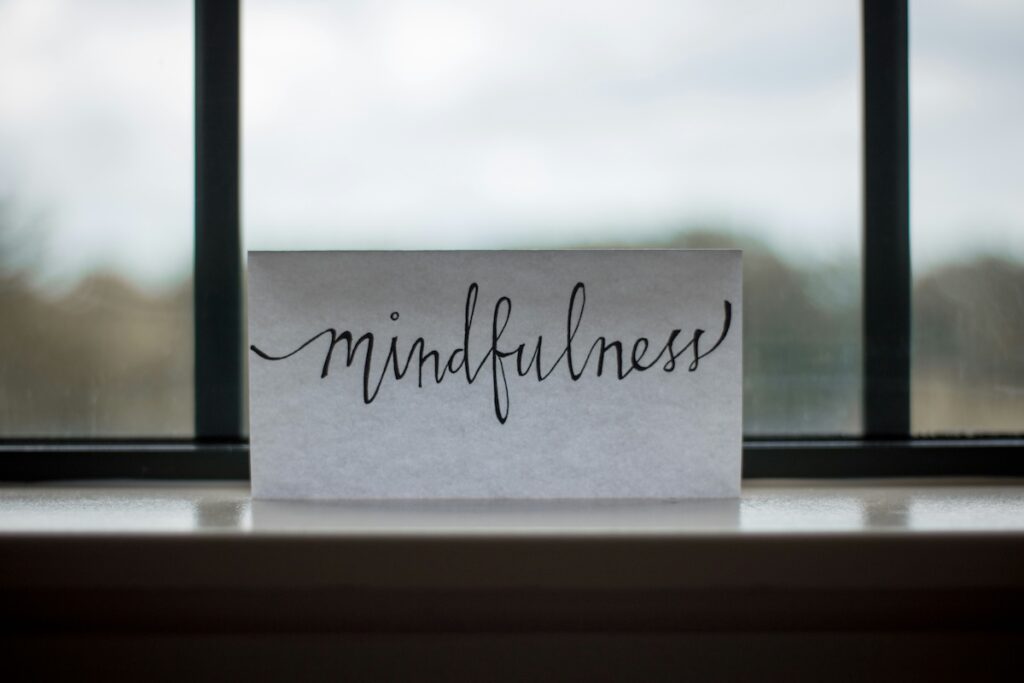The start of a new year brings opportunities for growth, change, and a renewed focus on mental well-being. As you navigate the months ahead, embracing mindfulness and self-care practices can set the tone for a balanced and fulfilling year. Here’s how daily mindfulness, journaling, and strategies for managing post-holiday stress can support your mental health.
Daily Mindfulness and Meditation Practices
Mindfulness and meditation are powerful tools for reducing stress and improving overall mental health. By cultivating awareness and presence, you can create a sense of calm and clarity in your daily life. Here are some simple practices to get started:
- Morning Meditation: Begin your day with a 5-10 minute meditation. Sit comfortably, close your eyes, and focus on your breath. If your mind wanders, gently bring your attention back to your breathing.
- Mindful Breathing: Practice mindful breathing during moments of stress. Inhale deeply for a count of four, hold for four, and exhale for a count of four. This technique helps regulate your nervous system and promotes relaxation.
- Body Scan: At the end of the day, try a body scan meditation. Lie down and bring your attention to different parts of your body, releasing tension as you go. This can improve sleep quality and reduce physical stress.
- Mindful Walking: Take a short walk, focusing on each step and the sensations in your body. Notice the sights, sounds, and smells around you, staying present in the moment.
Journaling Prompts for Self-Reflection and Gratitude
Journaling is a therapeutic way to process emotions, set intentions, and cultivate gratitude. Here are some prompts to guide your reflections:
- Self-Reflection:
- What are three things I’m proud of from the past year?
- What areas of my life do I want to focus on improving this year?
- How do I define success and fulfillment for myself?
- Gratitude:
- What are three things I’m grateful for today?
- Who has had a positive impact on my life recently, and why?
- What simple joys bring me happiness?
- Goal Setting:
- What are my top three goals for this year, and why are they important to me?
- What small steps can I take today to move closer to my goals?
- How can I celebrate my progress, even if it feels small?
Managing Post-Holiday Blues and Stress
After the excitement of the holidays, many people experience a dip in mood or increased stress. Here’s how to navigate these feelings:
- Set Realistic Expectations: It’s normal to feel a mix of emotions after the holidays. Allow yourself to ease back into routines without pressuring yourself to be overly productive.
- Reconnect with Your Routine: Establish a consistent daily schedule, including regular sleep, meals, and physical activity. Routine provides structure and stability, which can ease stress.
- Stay Active: Physical exercise boosts endorphins and helps combat feelings of sadness or anxiety. Even a short walk or yoga session can make a difference.
- Social Connections: Reach out to friends or family members for support. Talking to loved ones can provide comfort and reduce feelings of isolation.
- Focus on Self-Care: Dedicate time to activities that nurture your mind and body, whether it’s reading, taking a bath, or exploring a creative hobby.
Final Thoughts
A mindful start to the year can pave the way for improved mental health and a more peaceful outlook. By incorporating daily mindfulness, engaging in reflective journaling, and taking steps to manage post-holiday stress, you can cultivate resilience and positivity. Remember, progress takes time, and small, consistent efforts can lead to significant change.


